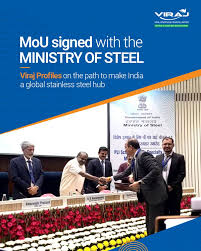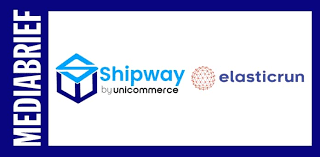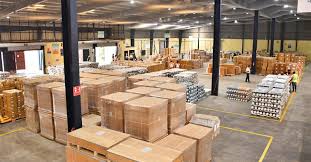Rituparna Chaturvedi, Head – Healthcare & Chemical Vertical, DSV Air & Sea, India Sub-Continent, highlights advancements in India’s pharma logistics—technology adoption, regulatory compliance, and last-mile delivery focus—ensuring nationwide healthcare accessibility.

Robust quality assurance systems, regular audits, and training programs uphold compliance
Over the past decade, the landscape of pharma logistics in India has evolved significantly with advancements in technology, stricter regulatory compliance, and a focus on last-mile delivery. The adoption of temperature-controlled packaging, infrastructure development, and the emergence of specialised third-party logistics providers have improved product integrity and supply chain efficiency. Sustainable practices and collaborative supply chain networks have also gained traction, ensuring timely access to medicines even in remote areas. This evolution reflects a concerted effort towards enhancing pharmaceutical distribution, safeguarding product quality, and ultimately, improving healthcare accessibility nationwide.
Challenges
Pharma companies encounter numerous challenges in managing their supply chains effectively, including stringent regulatory compliance, demand forecasting accuracy, and maintaining product integrity during transportation. Complexities arise from temperature-sensitive medications requiring stringent cold chain management, while navigating diverse geographical regions poses logistical hurdles. Inventory management to prevent stockouts or overstock situations, coupled with the need for traceability and transparency, adds further complexity. Moreover, ensuring timely access to medicines in remote areas remains a significant challenge. Addressing these challenges demands innovative solutions, robust infrastructure, and collaborative partnerships across the supply chain to ensure seamless delivery of life-saving medications to patients.
Safeguarding
Pharma companies ensure product integrity and safety during transportation and storage through several measures. They employ temperature-controlled packaging and monitoring systems to maintain the required conditions for sensitive medications. Robust quality assurance processes, including Good Distribution Practices (GDP), ensure compliance with regulatory standards. Additionally, companies invest in secure and monitored warehouses equipped with advanced technology to prevent tampering and theft. Strict inventory management, including batch tracking and expiration date monitoring, further safeguards product quality. Collaborating with reliable logistics partners and implementing risk management strategies also play crucial roles in ensuring the integrity and safety of pharmaceutical products throughout the supply chain.
Tech-driven
Technology plays a crucial role in optimising pharma logistics, enhancing tracking, and controlling temperature. Systems like RFID and GPS/GSM enable real-time tracking, reducing risks. IoT-enabled temperature monitoring devices and advanced packaging ensure precise control of sensitive medications. Data analytics and AI algorithms aid in accurate demand forecasting and streamline inventory management. Overall, technology empowers pharma companies to maintain product integrity, comply with regulations, and enhance logistics efficiency.
Compliance
Regulatory requirements profoundly impact pharma logistics, mandating stringent adherence to standards like GDP and GMP. Companies ensure compliance through meticulous documentation, quality control, and traceability measures. Maintaining proper storage conditions, batch tracking, and accurate record-keeping are imperative. Robust quality assurance systems, regular audits, and training programs uphold compliance. Collaboration with experienced logistics partners and staying updated with regulatory changes strengthen companies’ ability to navigate the complex landscape, ensuring compliance in pharma logistics operations.











